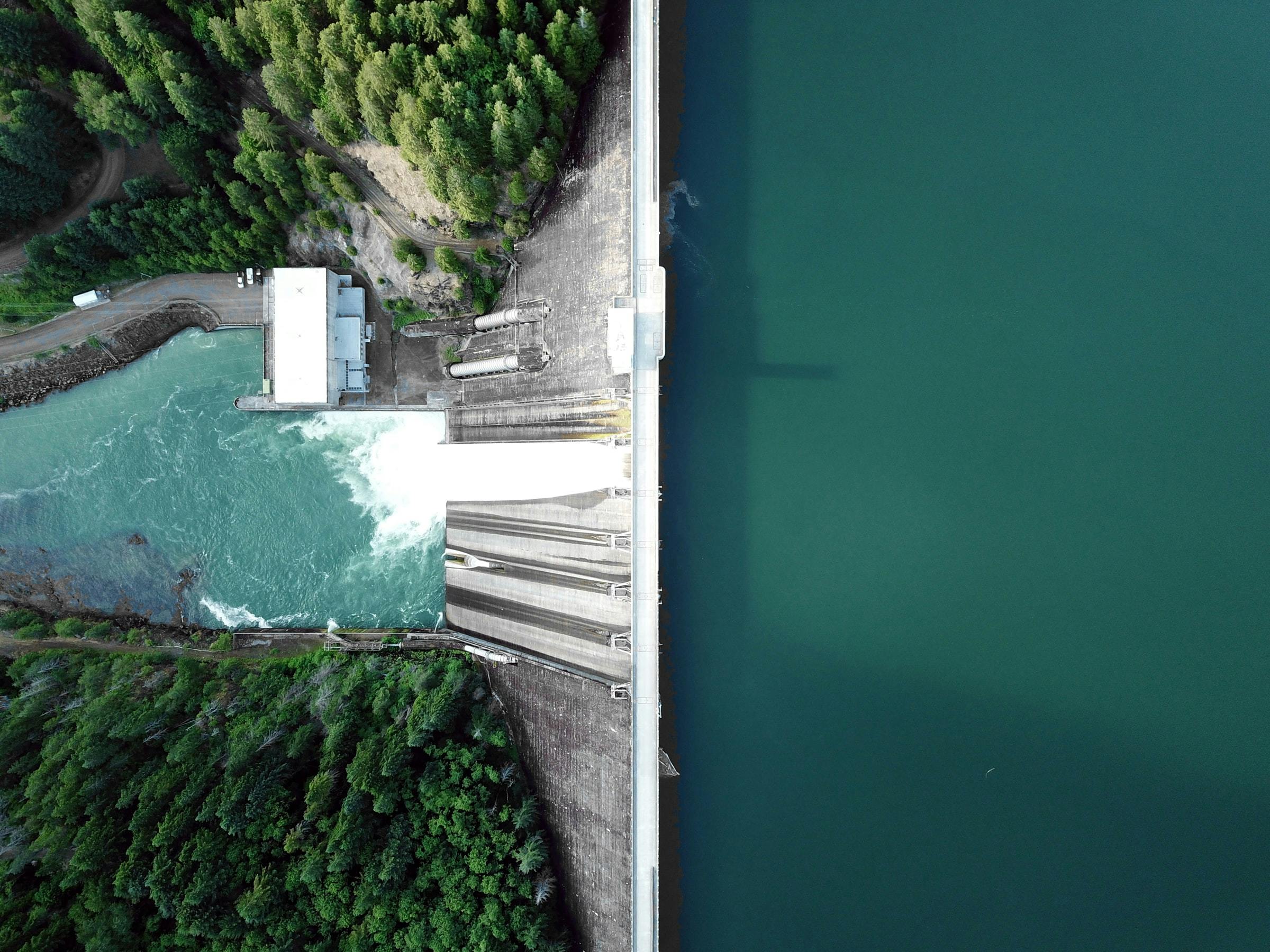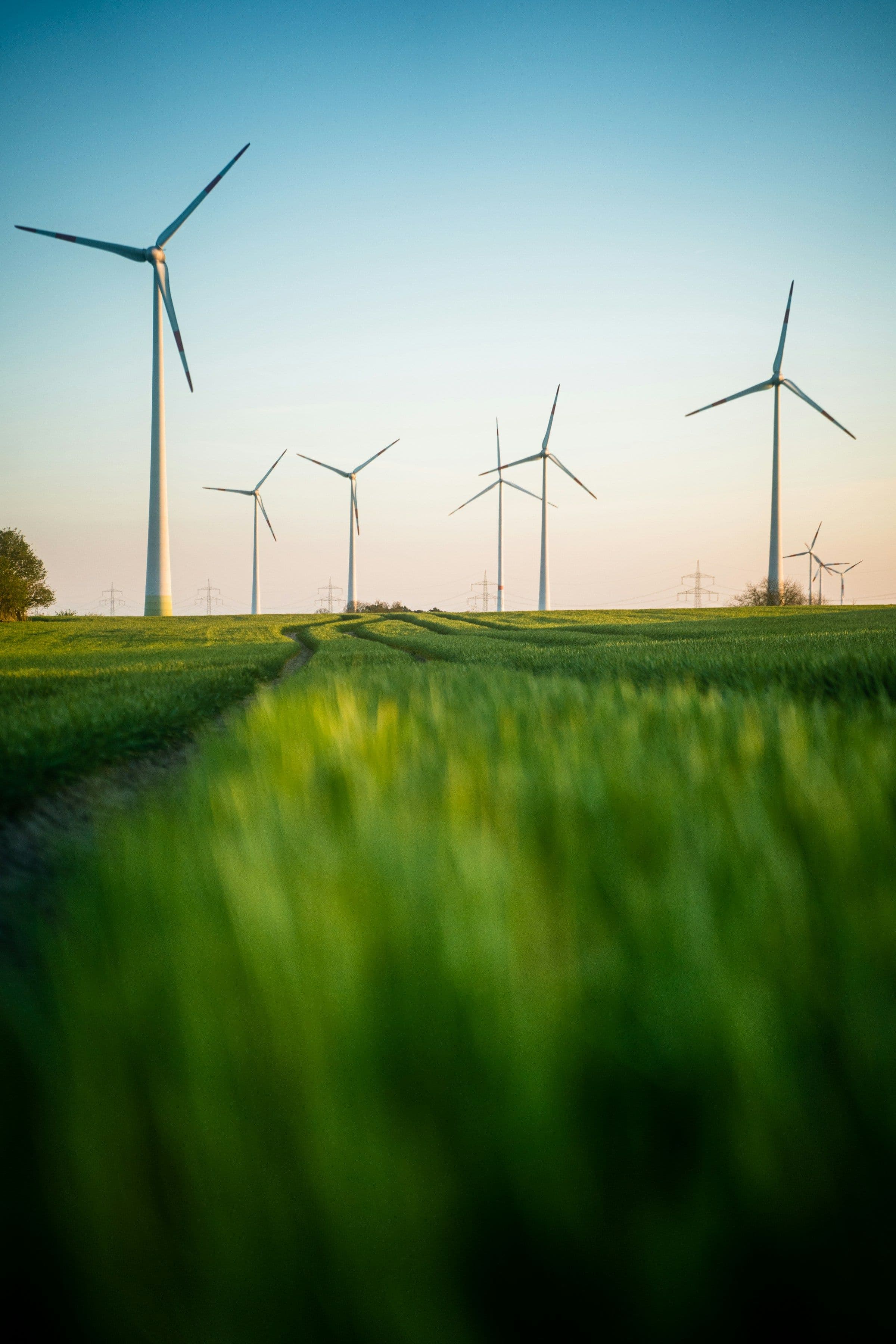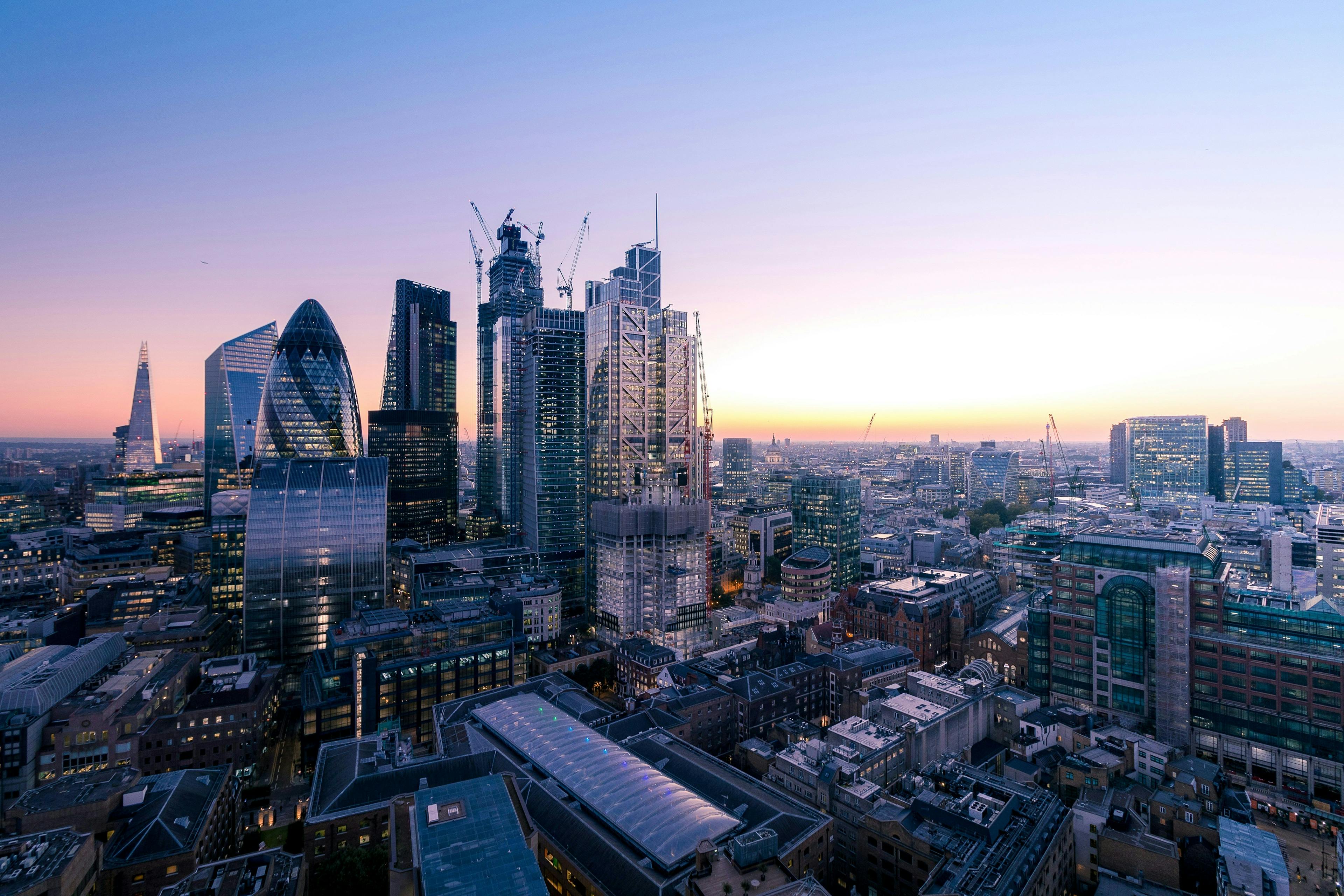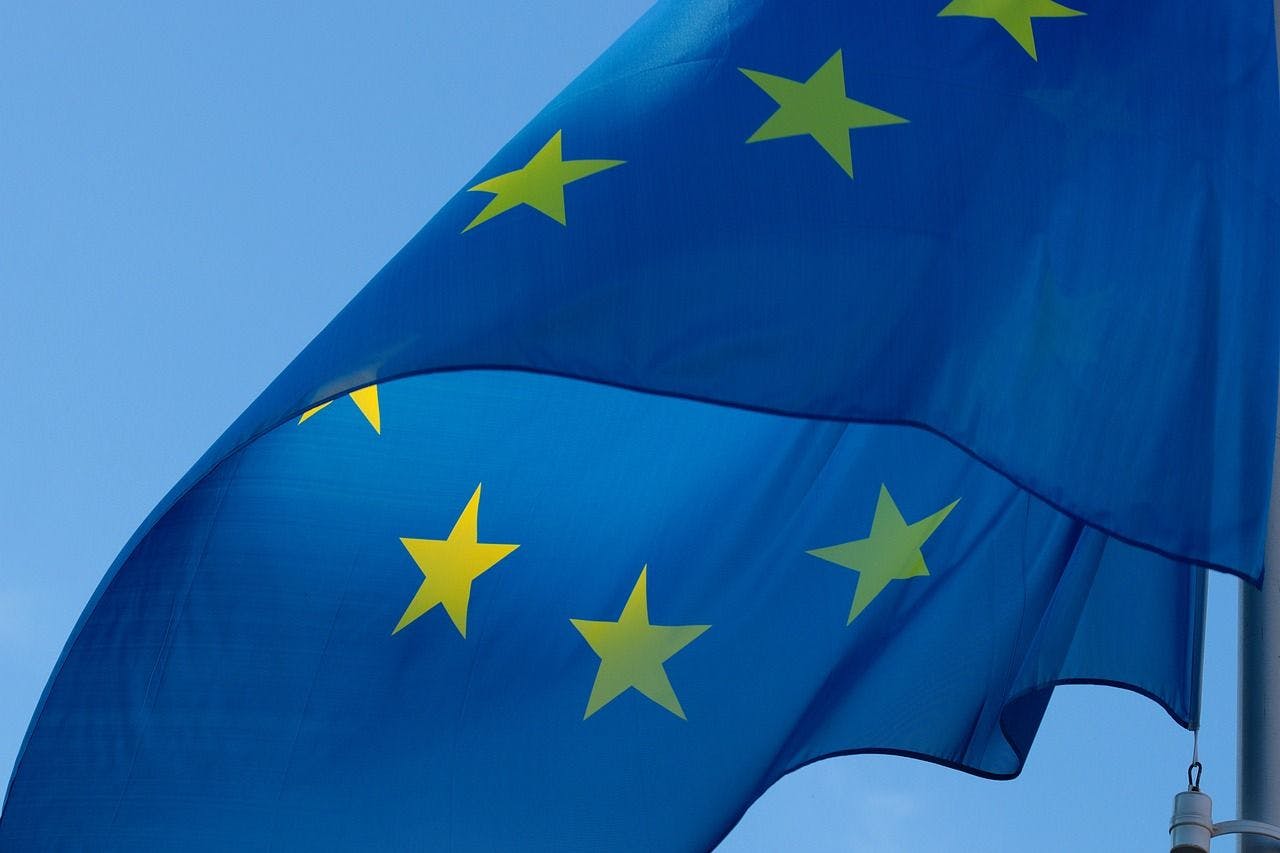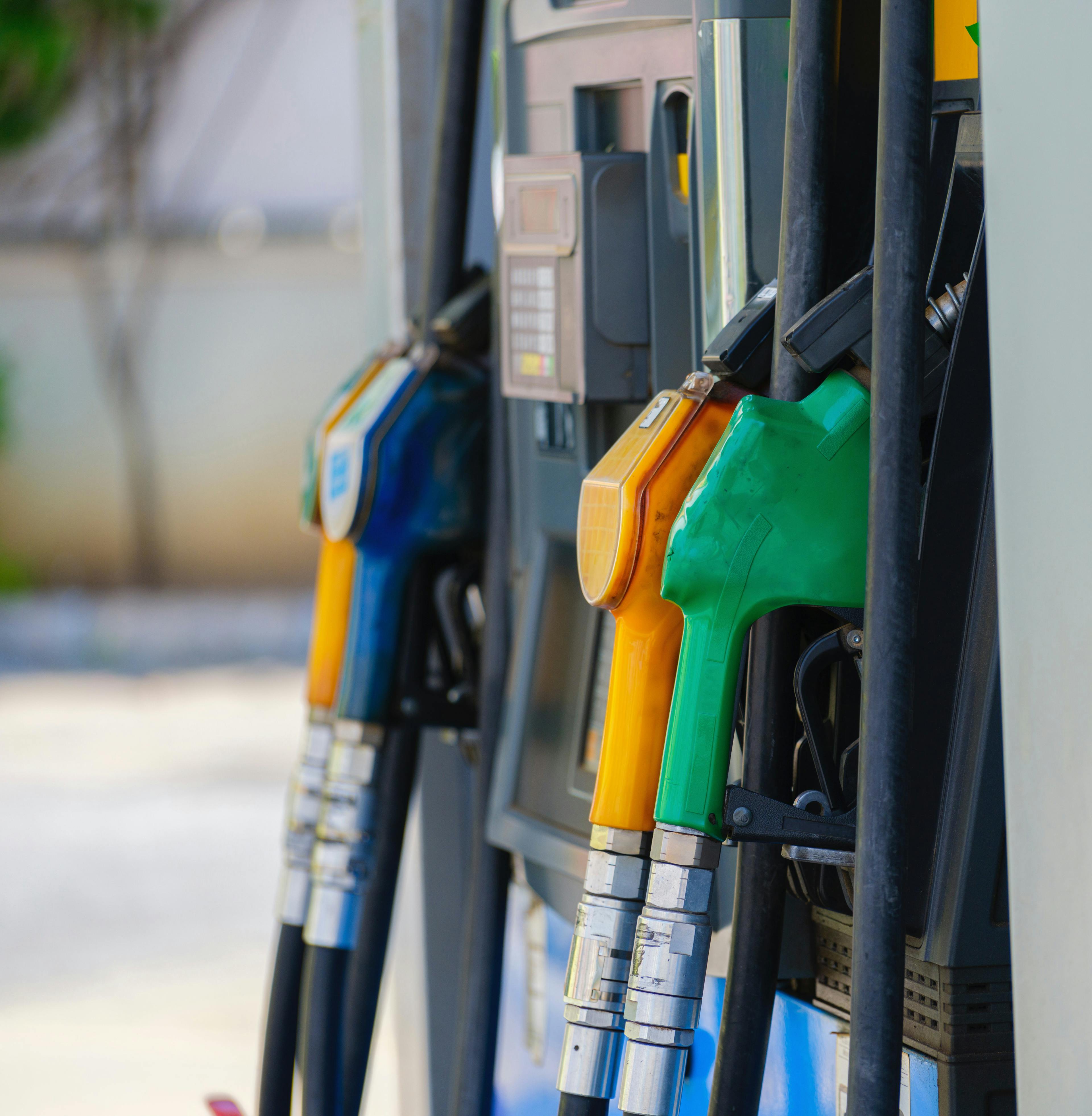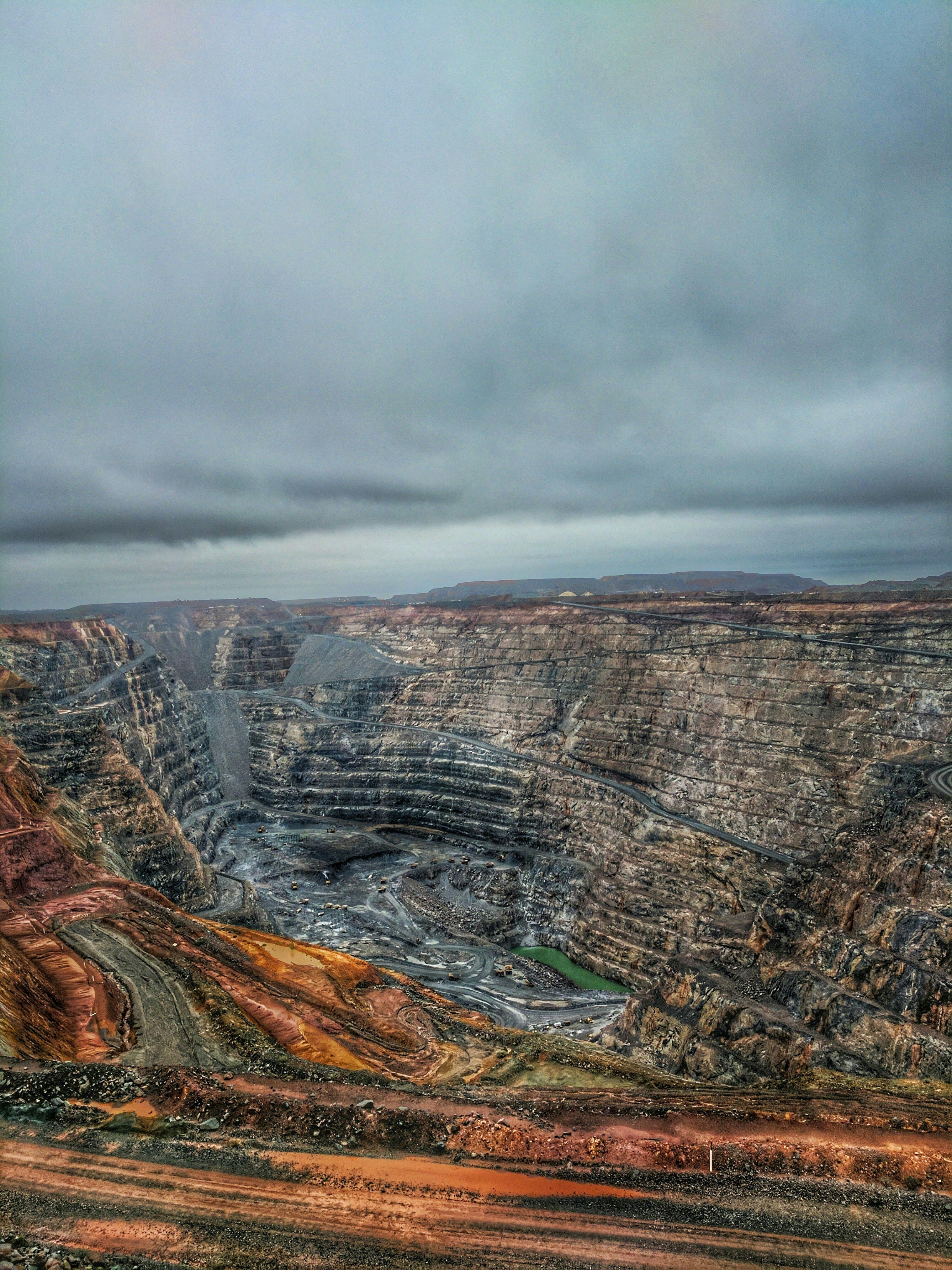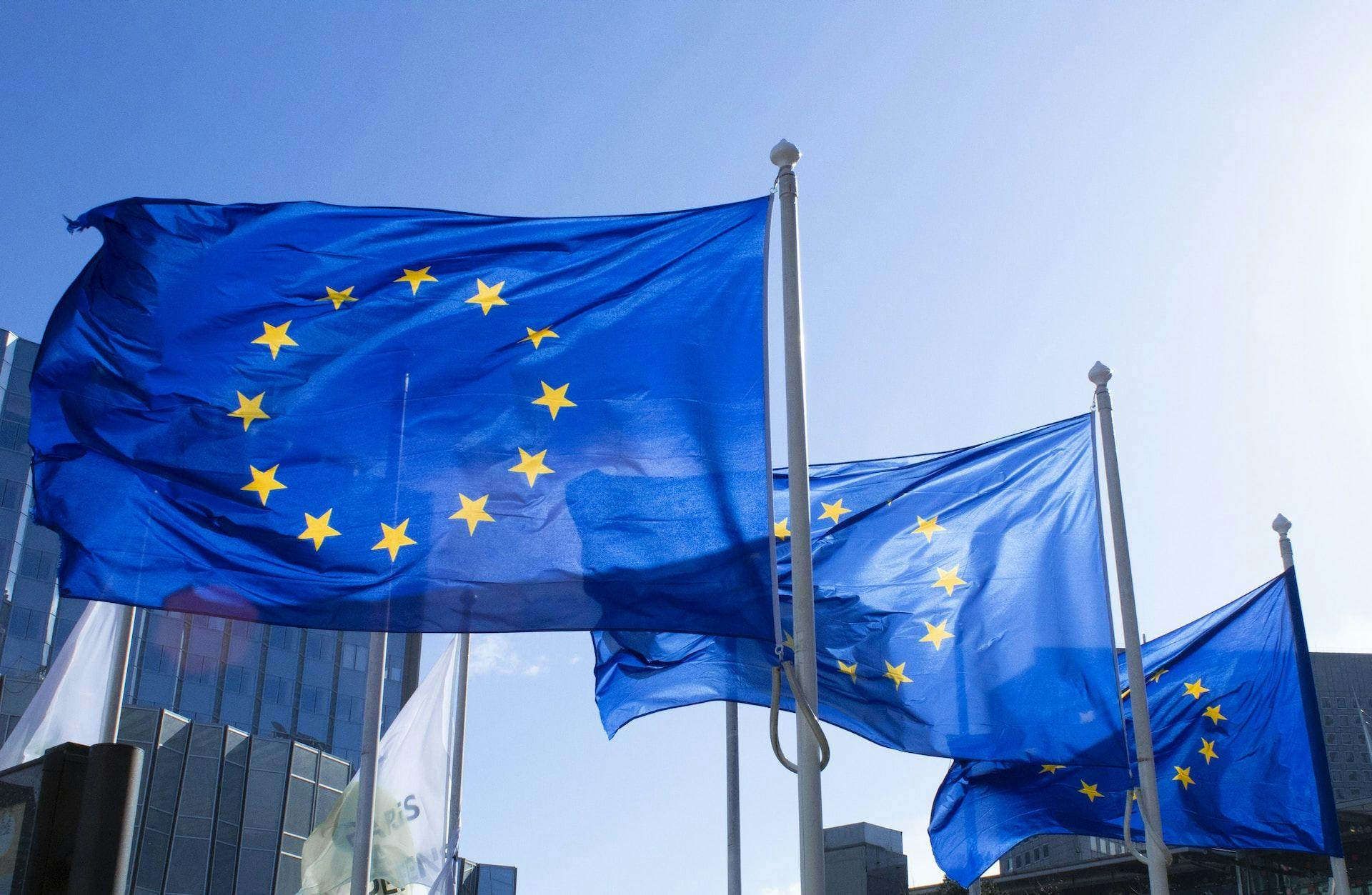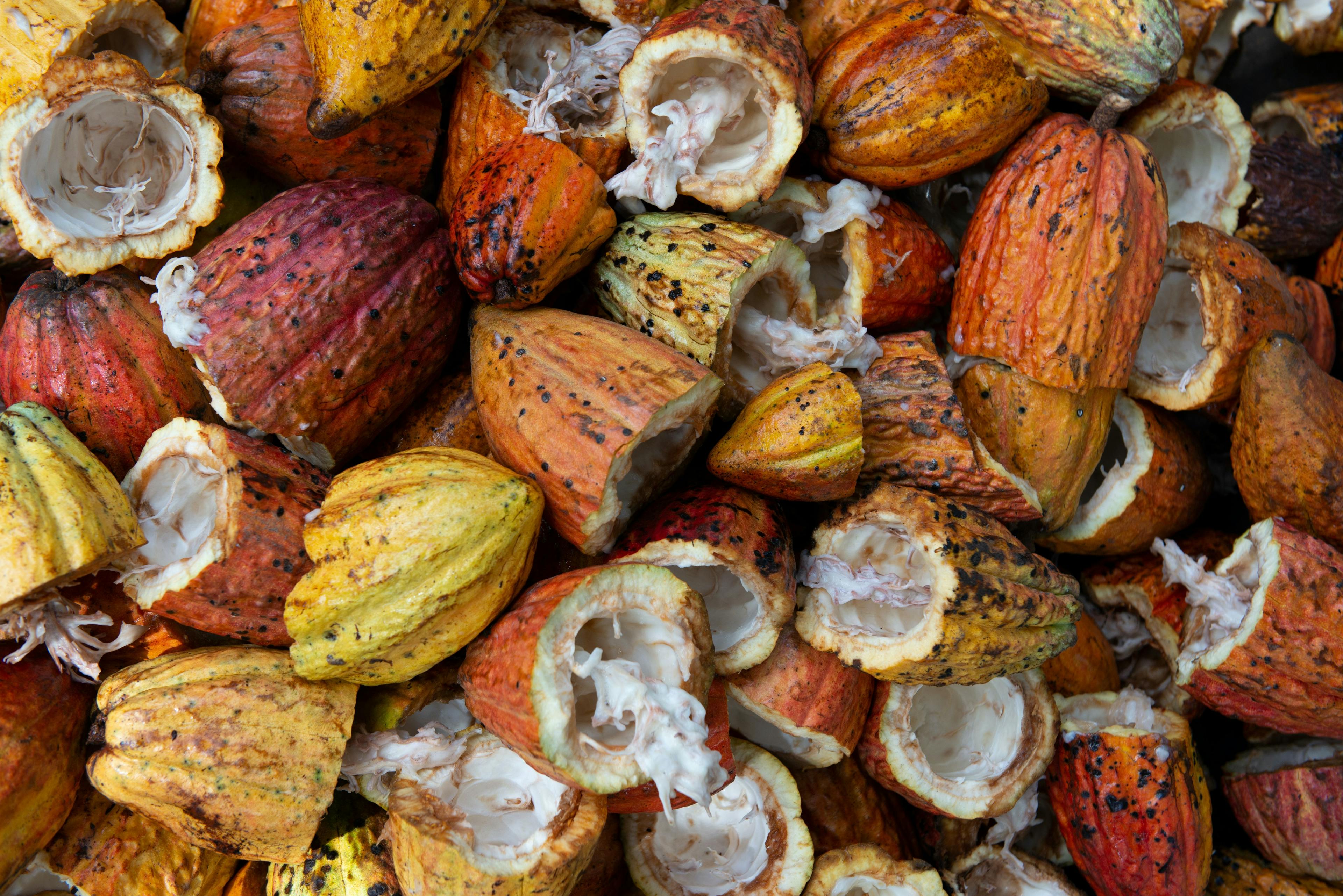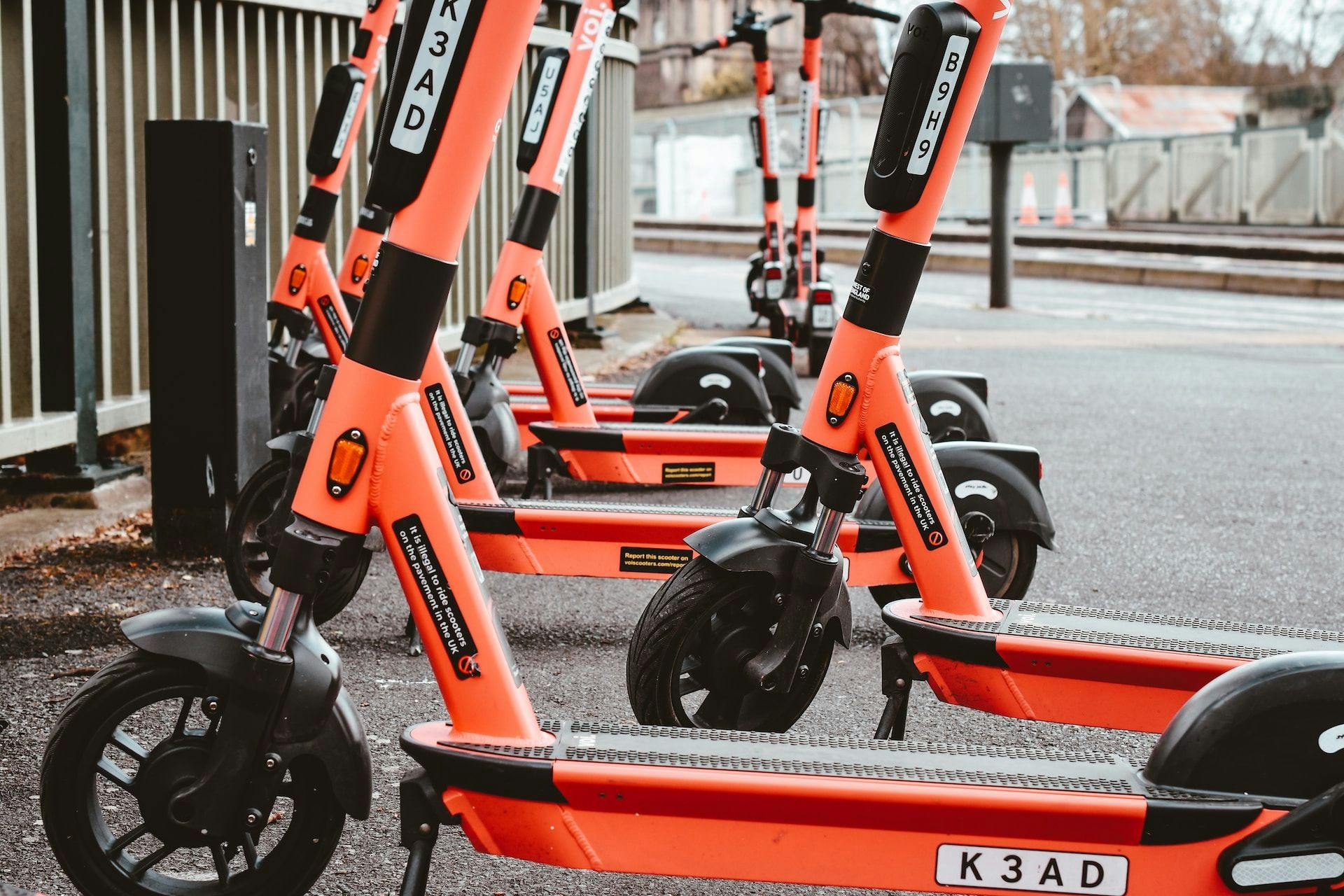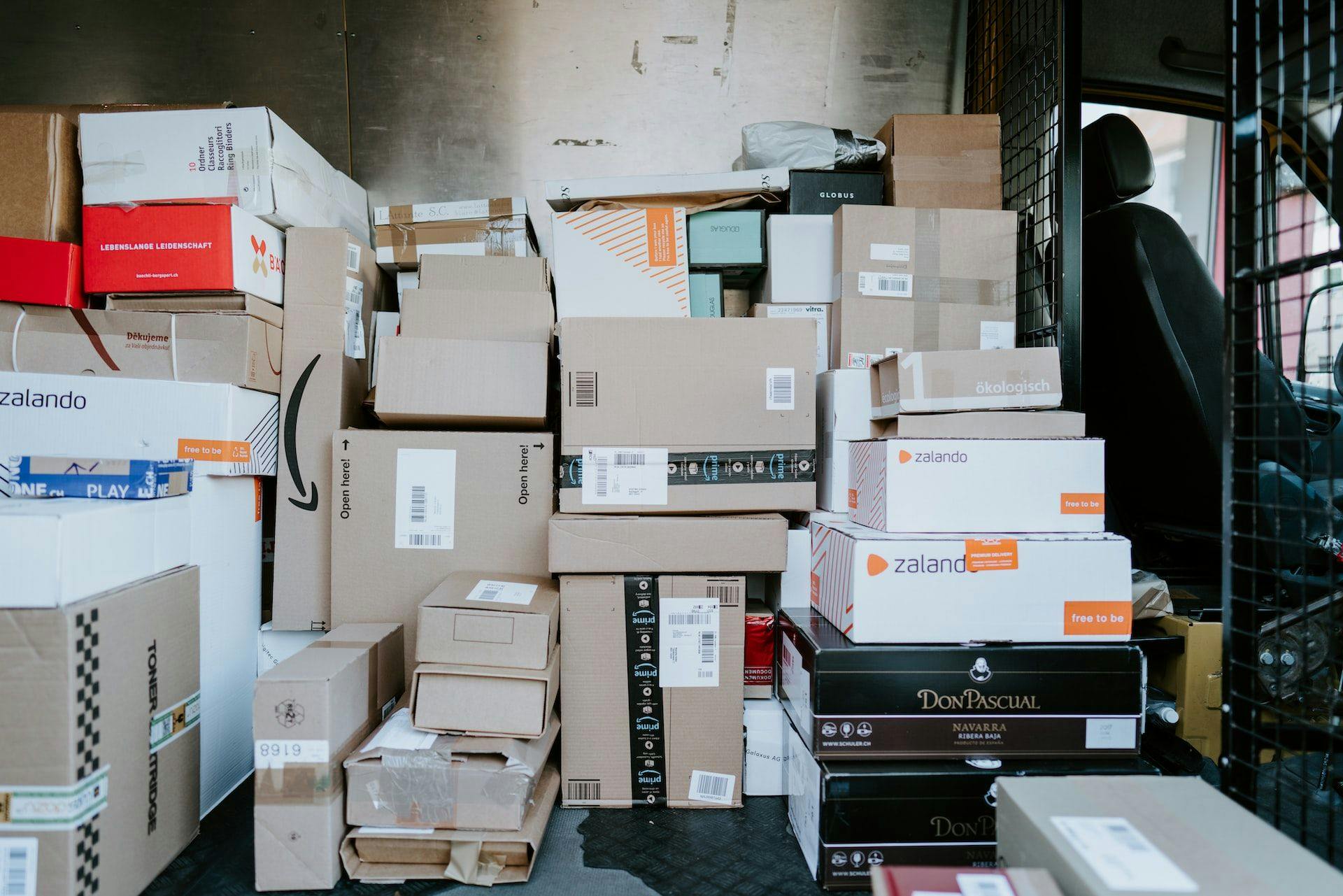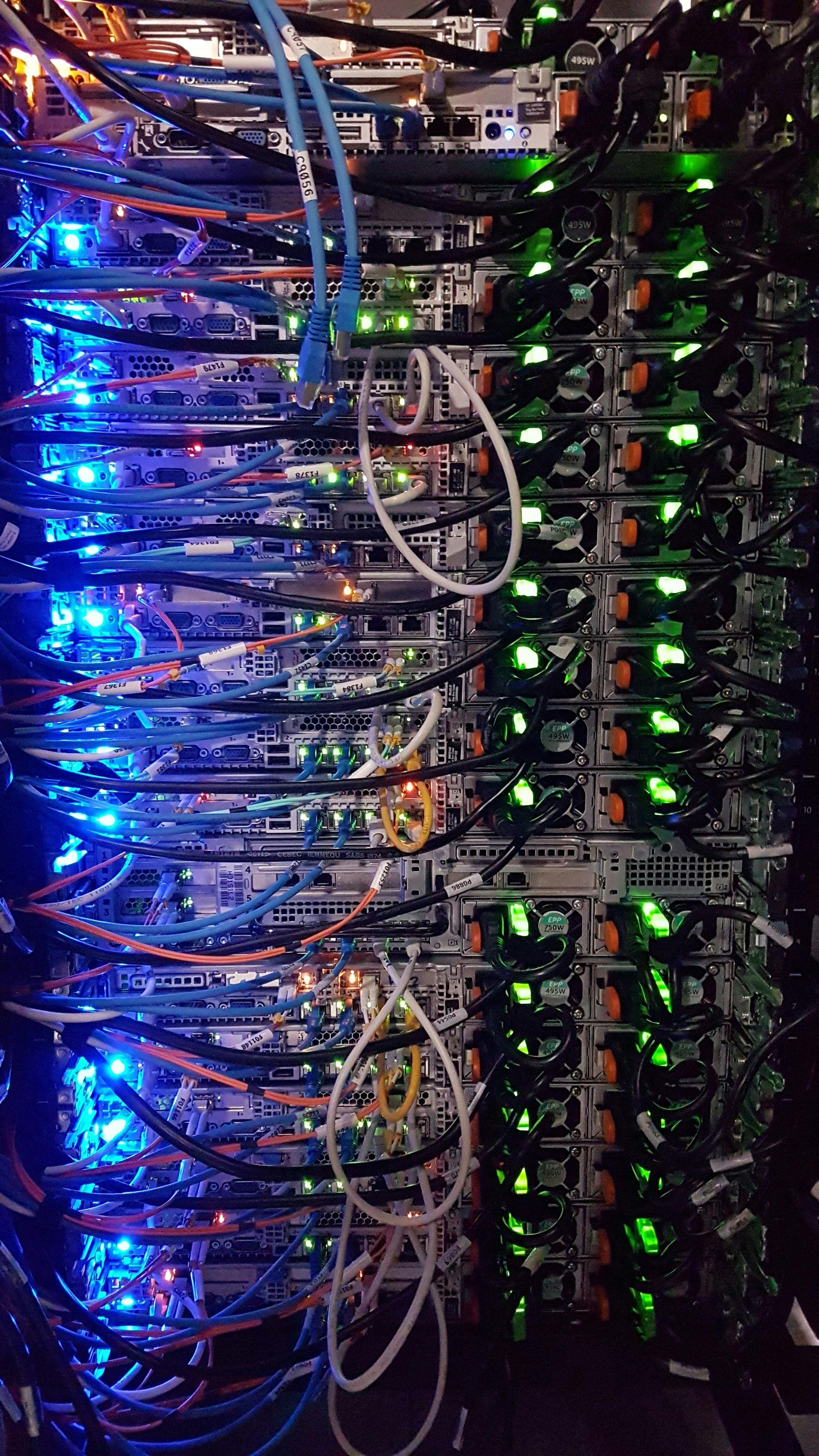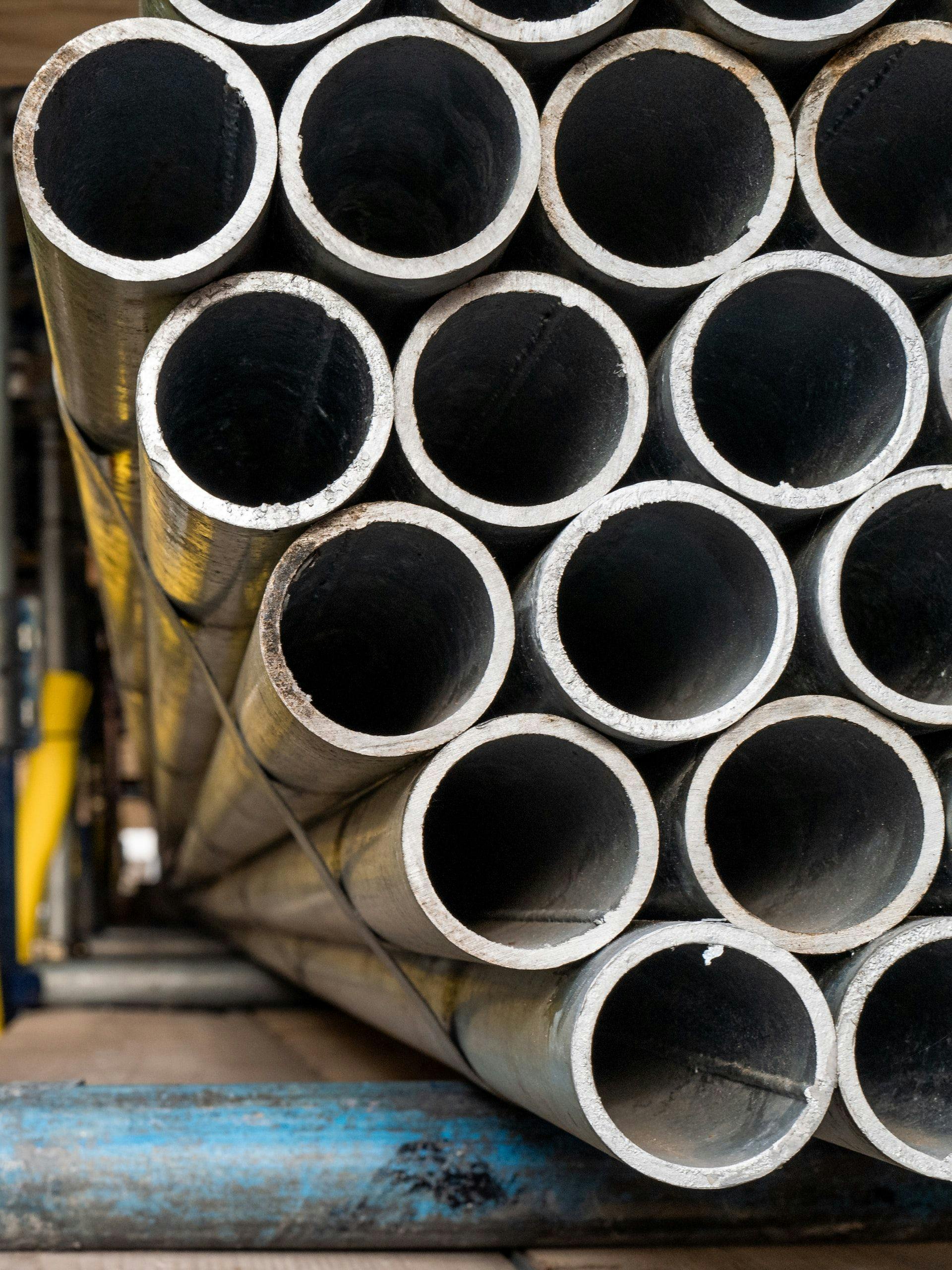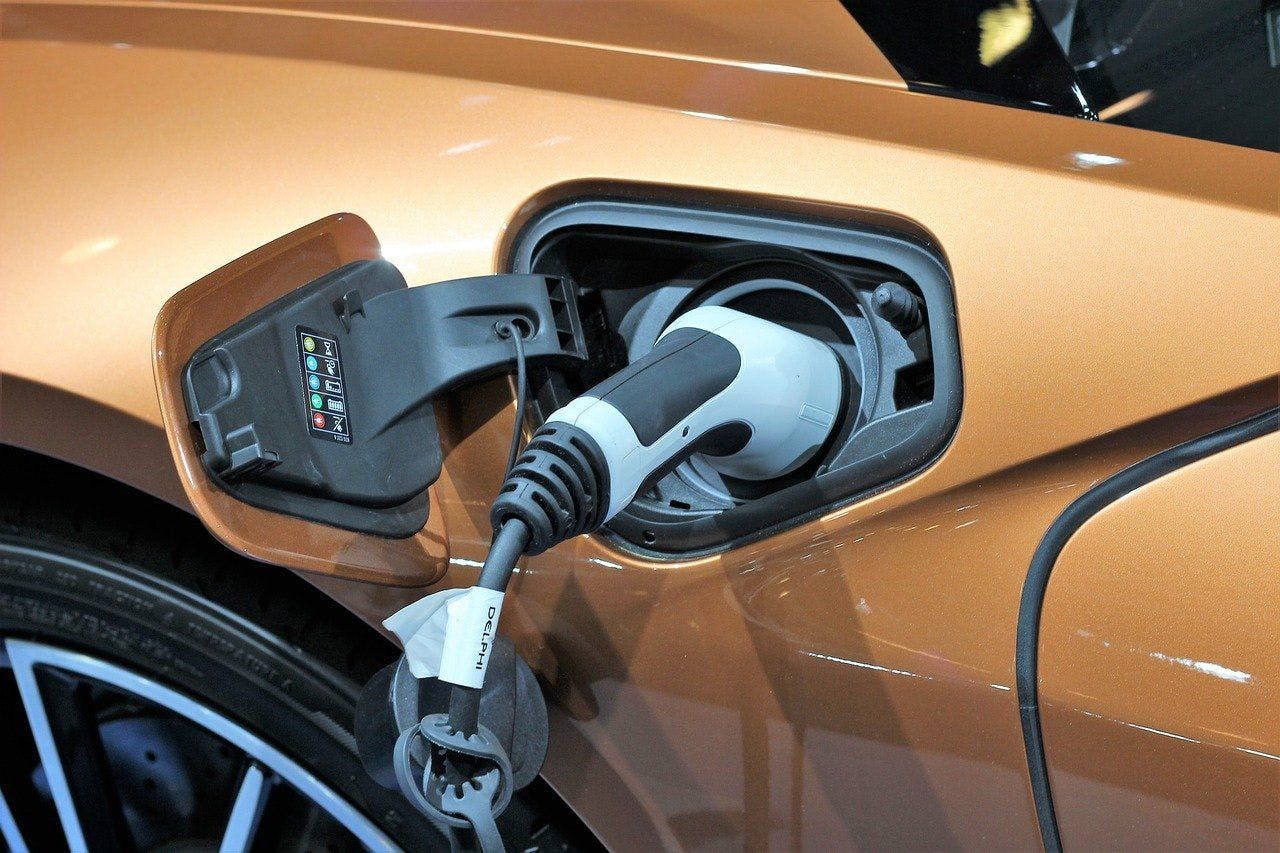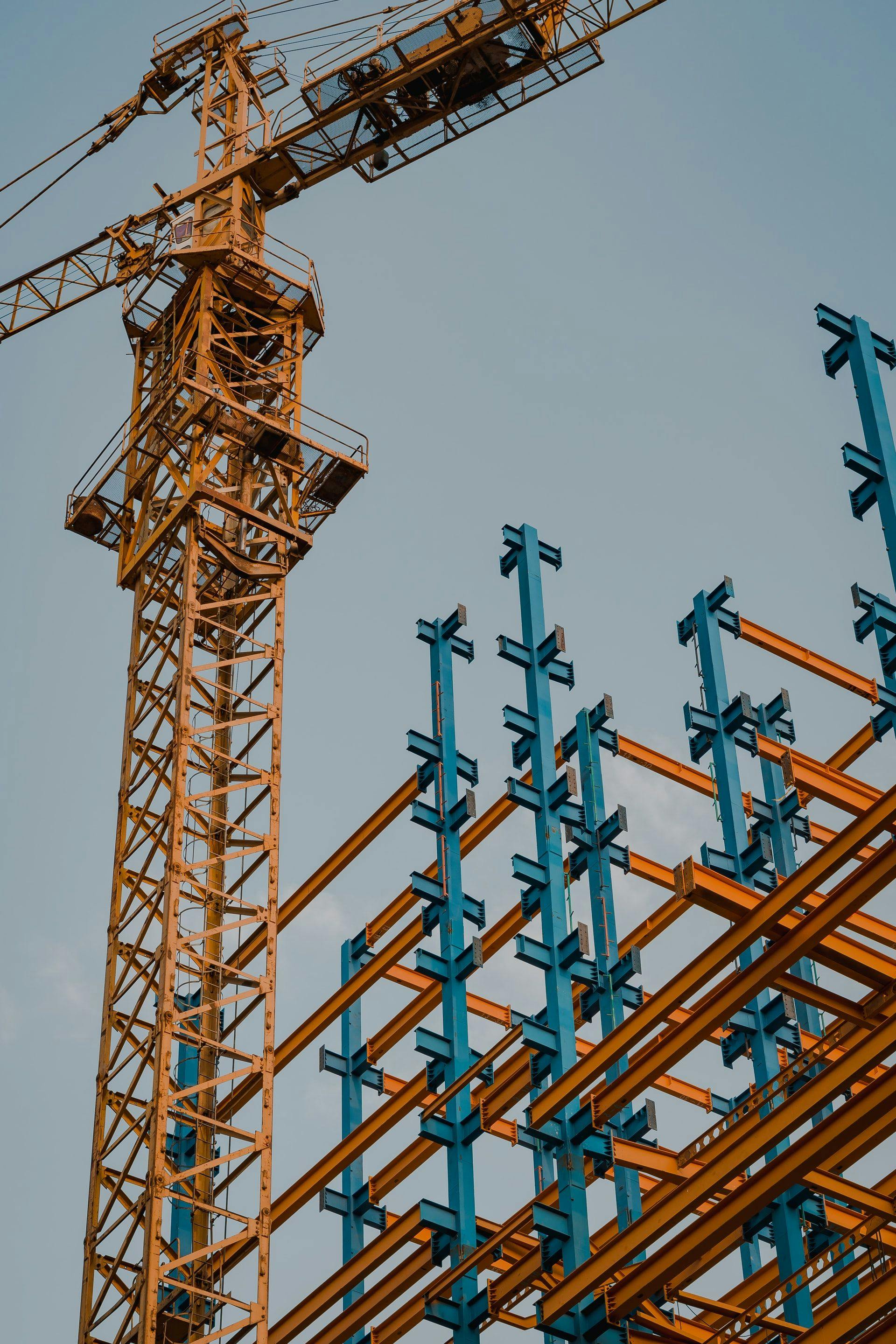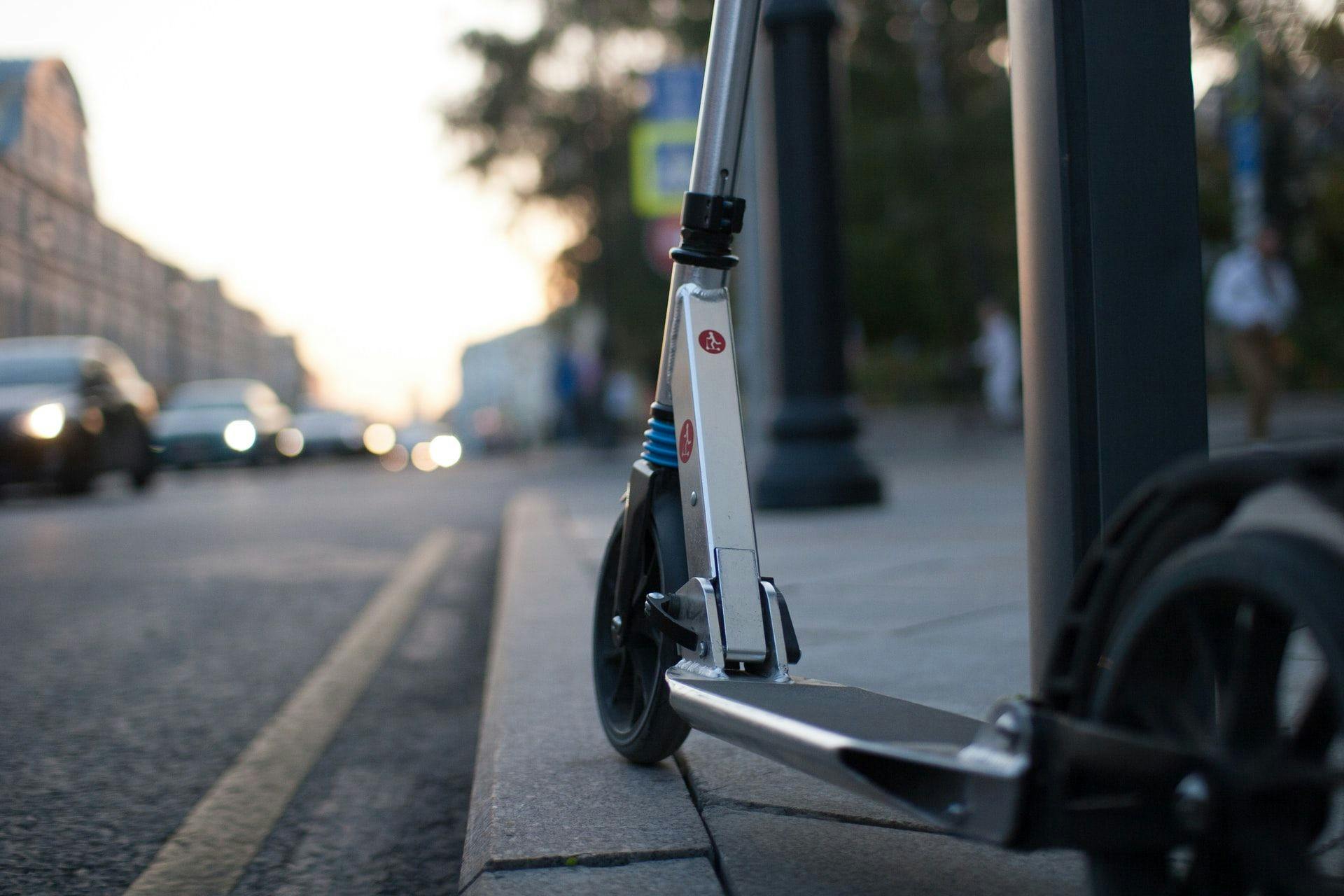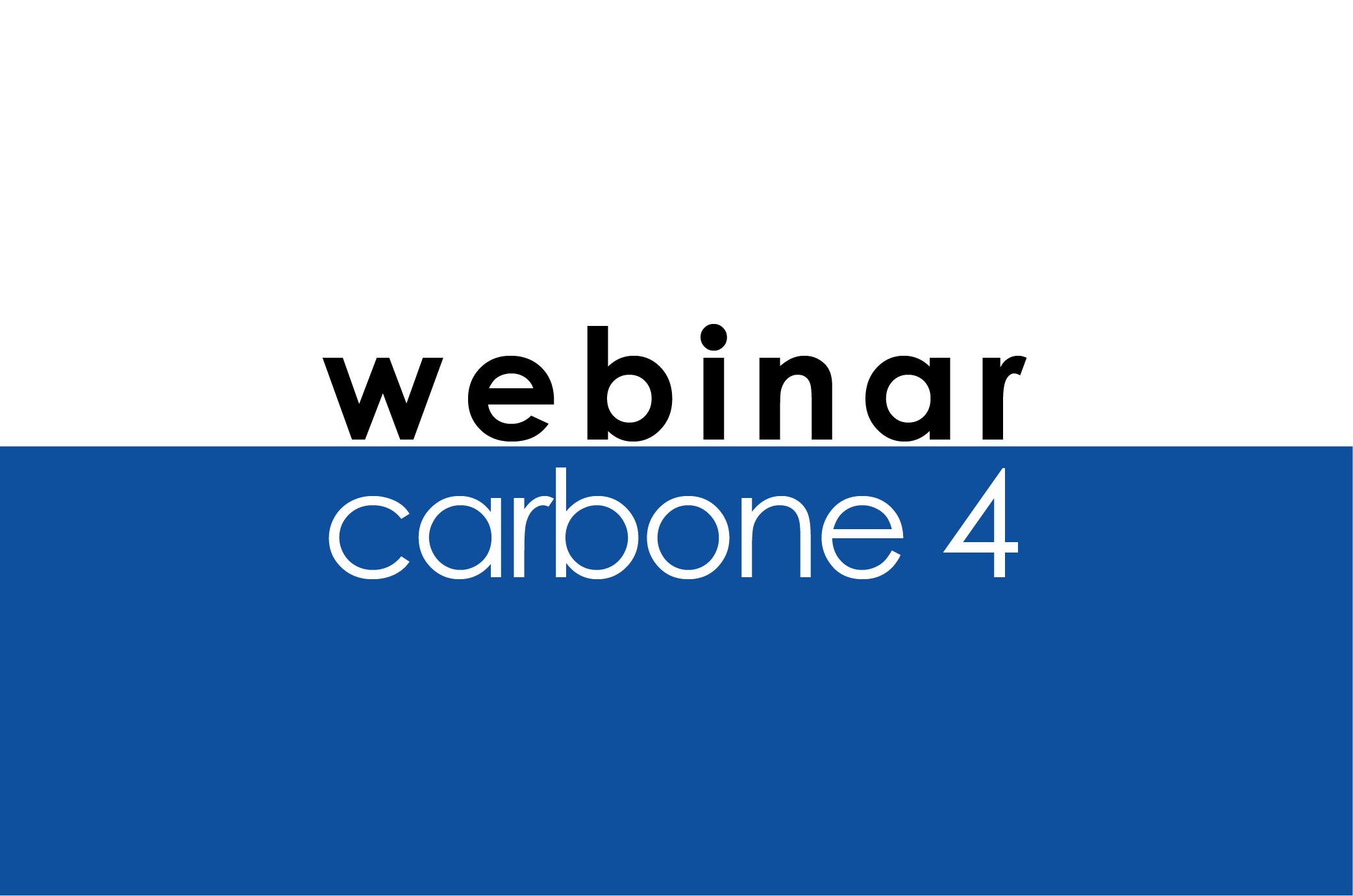Luxe & Retail
Stakes
Retailers distribute goods and services to consumers. They are an essential component of a society that has become eminently commercial, transformed by the revolution of mass consumption, allowing (or promising) the greatest number of people to have access to an unprecedented quantity of products.
This revolution has been made possible by oil: the queen of mobility, its exploitation has transformed the production, supply and distribution chains into a highly globalized, hyperproductivist... and carbon-based model.
While all these activities contribute significantly to greenhouse gas emissions and global climate change, distribution value chains are also more complex, opaque, less resilient to hazards (notably extreme weather events) and deeply dependent on fossil fuels.
In a world where physical resources are limited, this model is forced to undergo a profound transformation. New modes of consumption, low-carbon, are to be invented.
Luxury brands, because of their position in the sector, their financial resources, and their avant-garde visions, which will eventually be copied by all players, have a major role to play in inventing the low-carbon models of tomorrow.
Our support
Carbone 4 assists luxury and retail players in rethinking their business model while respecting the planets limits:
- Identify the energy and climate issues specific to the luxury and retail sectors,
- Measure the carbon footprint of the industry, the activity, the products and services, and its distribution among the different actors of the value chain,
- Assess the compatibility of the business model with a carbon neutral world,
- Define emission reduction targets that are both aligned with national and international benchmarks (SNBC, NDC or SBTi), but also realistic and achievable,
- Define a roadmap for contributing to the transition with operational actions to reduce emissions,
- Identify existing opportunities in the decarbonization of the sector and the transformation of markets,
- Identify, across the value chain, the activities that enable climate benefits, avoid generating emissions for customers, and contribute to the energy transition.
Contact us
Contact us about any question you have about Carbone 4, or for a request for specific assistance.




